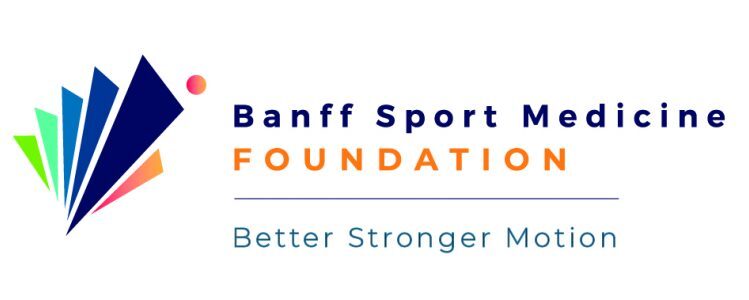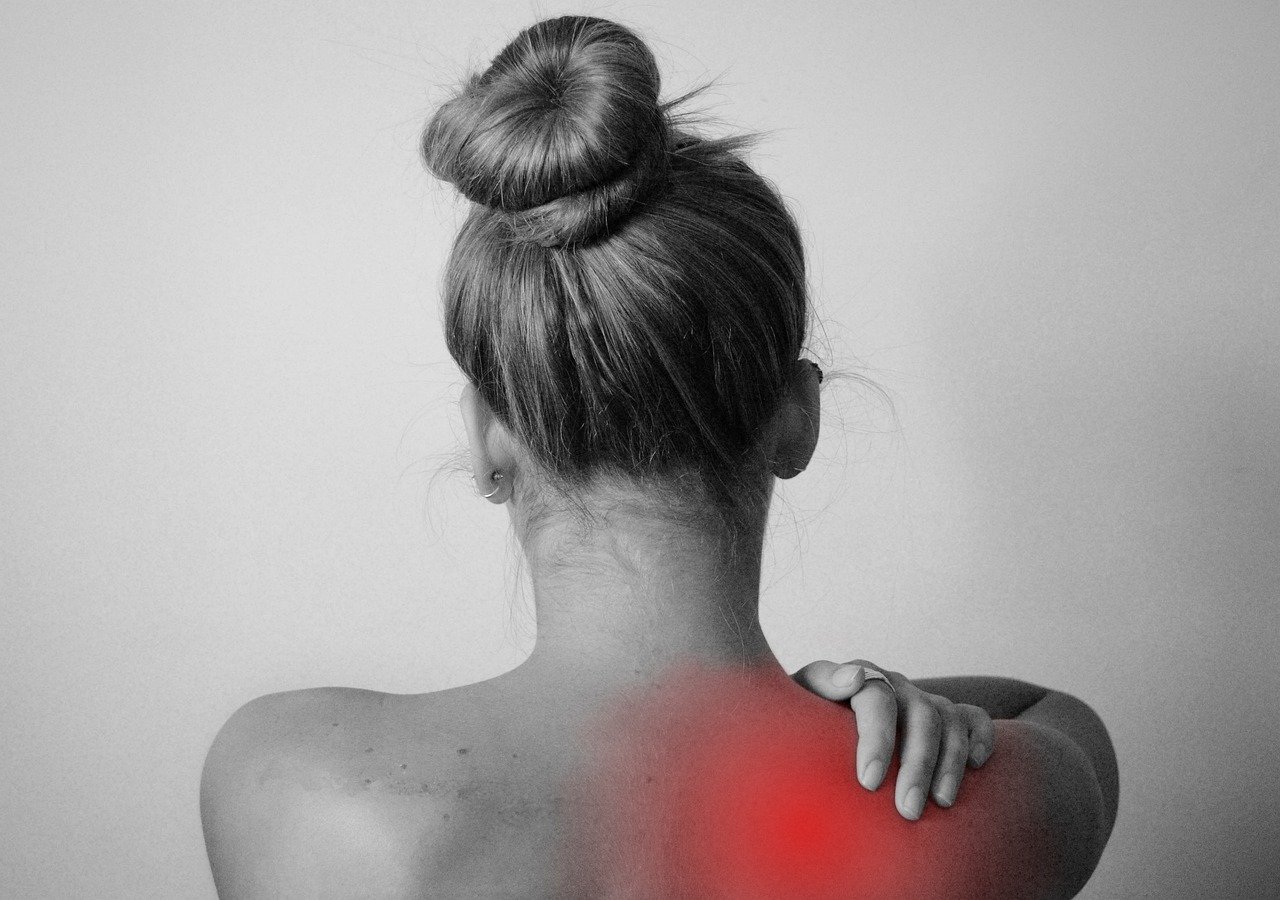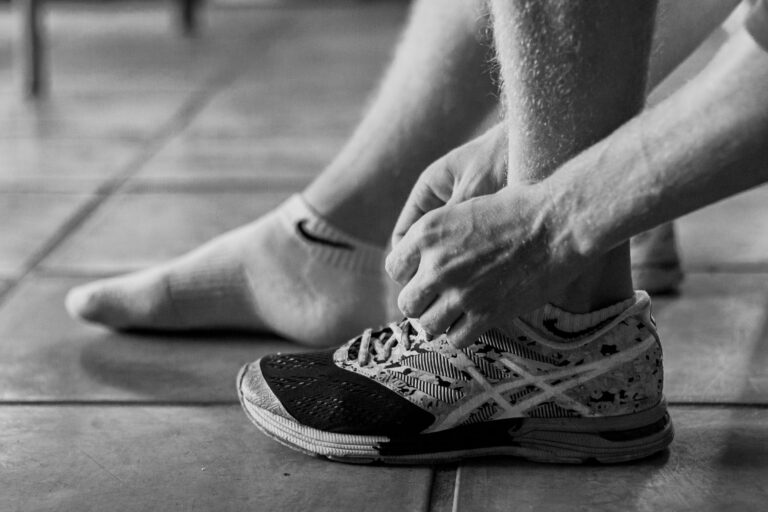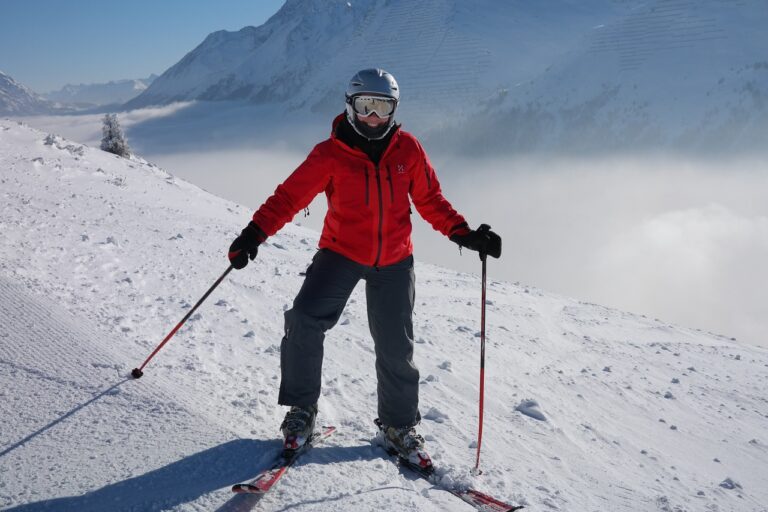Thawing the frozen shoulder
In his latest Bow Valley Crag & Canyon article, Banff Sport Medicine Physician, Dr Andy Reed, discusses frozen shoulders (brrrr!).
I’ve seen a lot of frozen shoulders (adhesive capsulitis) lately!
It’s a relatively common condition in the clinic that can cause serious pain and disability for those affected. If you’ve ever had a frozen shoulder you’ll no doubt agree that it can be seriously debilitating!
Fortunately, for most people, it resolves in time, although recovery can be protracted. Pain and stiffness are the main hallmarks, with full recovery generally taking anywhere from six months to several years.
Causes and risk factors

The bones, ligaments and tendons of the shoulder are encased in a capsule of connective tissue. Frozen shoulder occurs when this capsule thickens and tightens, restricting movement.
The exact reasons why this occur, aren’t really known, although it turns out that over 70 per cent of frozen shoulders occur in women, most of whom fall into the 40 plus age group.
There are two distinct types of adhesive capsulitis, each starting in a different way. In primary adhesive capsulitis, there is no apparent trigger, and this type is common in diabetics and those with hypothyroidism.
People who’ve had prolonged immobility or reduced mobility of the shoulder, such as having suffered a rotator cuff injury or recovering from shoulder surgery, are also at risk of developing frozen shoulder.
Stages of frozen shoulder
Frozen shoulder goes through three stages.
In the initial ‘Freezing Stage’ there is significant pain, often described as a severe toothache-like pain at night that disturbs sleep. At this stage, range of motion is preserved, so it can be difficult to diagnose with confidence.
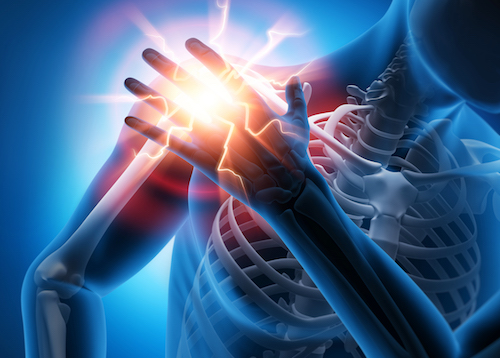
Within a few weeks to months, the diagnosis becomes more obvious as we enter the ‘Frozen stage’. The shoulder stiffens up, and it becomes painful and difficult to reach up above the head; simple daily activities like dressing, putting on a seat belt, or fastening up a bra strap become challenging.
Lastly, the condition enters the so called ‘Thawing stage’, and range of motion improves, with pain being much less of an issue.
The entire process from freezing to thawing can take several years in some cases. Fortunately there are some effective interventions that can shorten the duration and lessen the symptoms markedly.
Diagnosis
When you are referred to us by your doctor, we will usually get an X-ray to ensure the stiffness and pain are not due to arthritis in the shoulder socket.
We may do an ultrasound in the office to ensure there is no tendon injury, but in fact there are typical ultrasound findings in adhesive capsulitis even in the absence of injury. A scan is not always necessary however, as we diagnose this condition based on the story and our physical examination.
Treatment
If we see you in the early stages when inflammation is present, we may recommend anti-inflammatories, or we may suggest a steroid injection into the shoulder to reduce pain and inflammation. Injection is typically very effective for the nocturnal pain (pain at night), though the effect can be temporary.
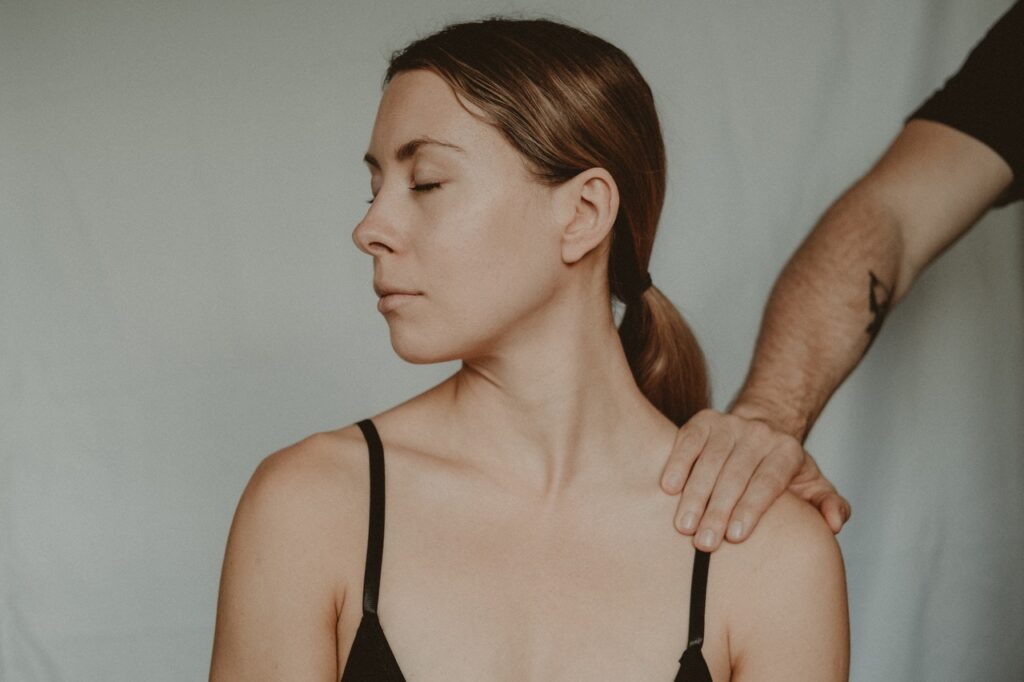
Once pain is controlled, or if it is not severe, we recommend daily stretching. A physical therapist is usually enlisted to help you get the shoulder moving.
In some cases we recommend a hydro-dilation procedure. This involves injecting a large volume of saline into the shoulder socket to help to breakdown the fibrous adhesions that have formed.
Lastly, in very severe or protracted cases, we sometimes have our orthopaedic colleagues perform an arthroscopic surgery to release the scar tissue and manipulate the shoulder.
Fortunately, surgery is not required very often and with the help of a good therapist, a daily stretching regime and perhaps an injection, we can get most of our patients back to full function within a few months. Full recovery does seem to be the norm.
If you think you may be developing a frozen shoulder, please see your doctor as interventions do seem to be more effective during the early stages in my experience.
Expert Contributor
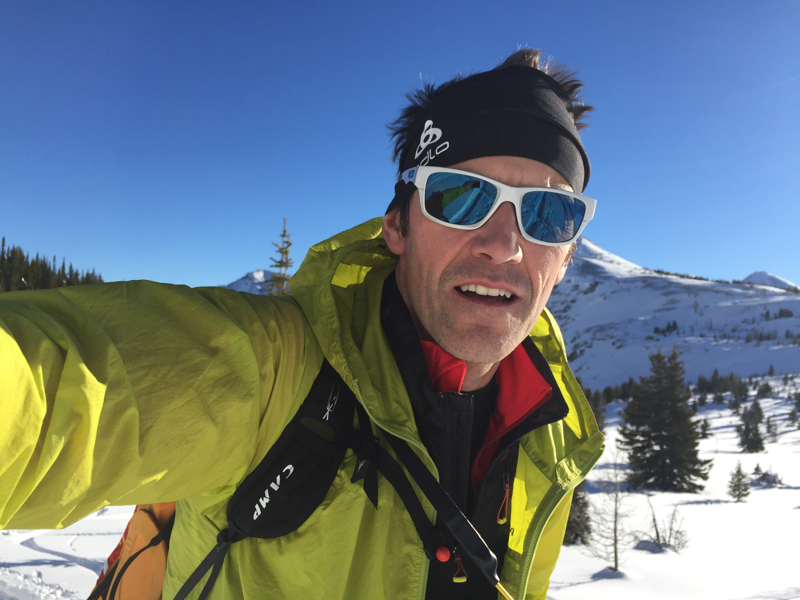
Dr Andy Reed, Banff Sport Medicine Physician and ultrarunning M.D.
